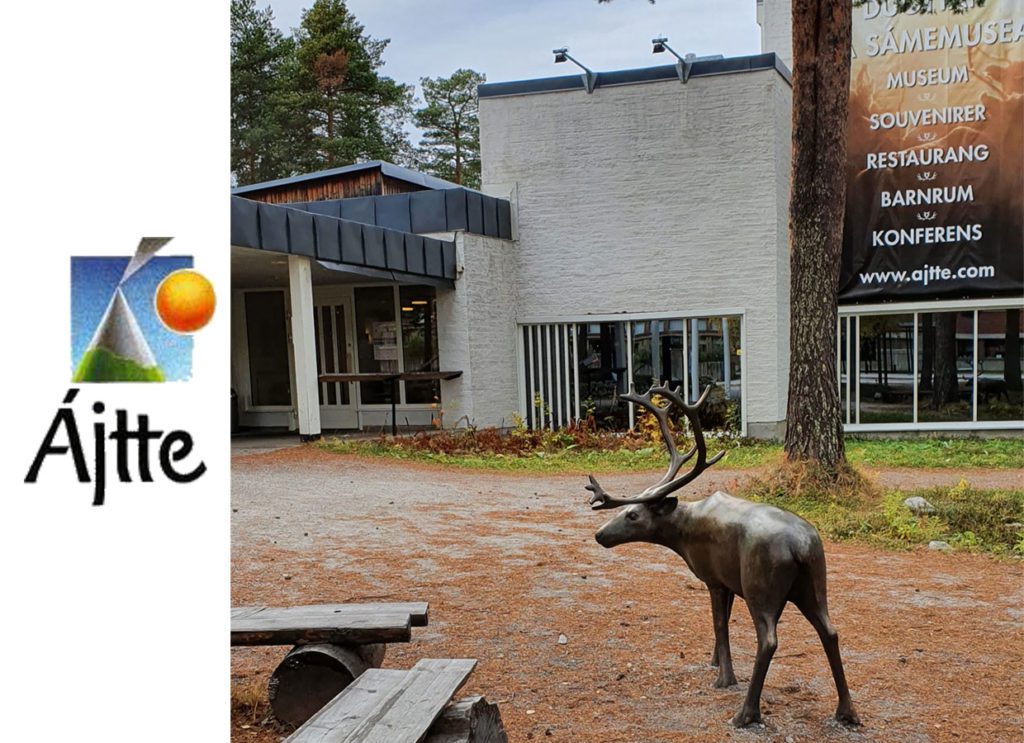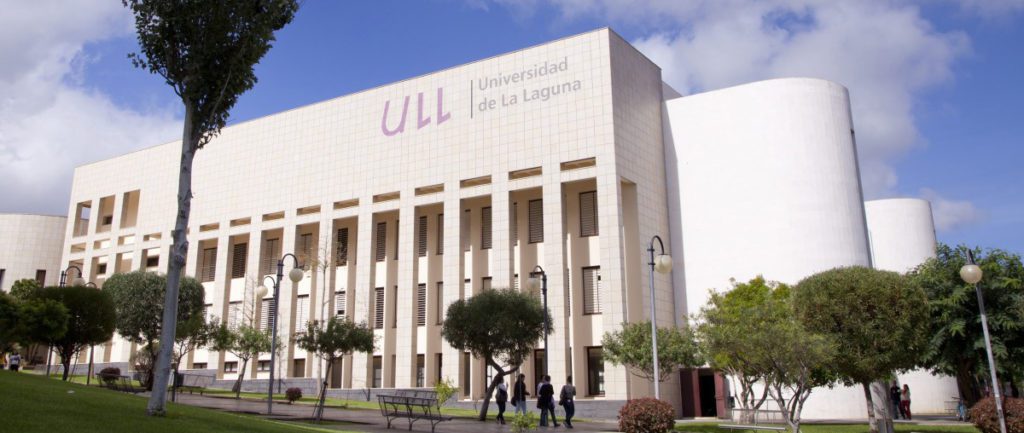Swedish Institute of Classical Studies in Rome

The Swedish Institute of Classical Studies in Rome is situated in Via Omero 14. It is a research institute, subordinate to the Swedish Ministry of Education (Utbildningsdepartementet). It is the base for excavations and other scientific research in Italy and pursues academic instruction in archaeology and art sciences as well as arranging conferences with themes of interest to the institute. The Institute has at its disposal a building with a relatively well-supplied library and archaeological laboratory. It has twenty rooms and smaller apartments for the use of visiting researchers and holders of scholarships.

Foundation Ájtte, Swedish Mountain and Sami Museum

Ájtte is the principal museum of Sami culture in Sweden, a special museum for the mountain region and an information centre for mountain tourism.
The museum is a foundation with the Swedish state, Region Norrbotten, Jokkmokk municipality and two Sami organisations as founders.

Universidad de La Laguna

History
The University of La Laguna is the oldest centre of higher education in the Canary Islands, with more than two hundred years of history. The decree for its foundation dates from 11 March 1792, signed by King Charles IV. Since that date, it has gone through several names and stages, until it obtained its current name in 1913.
Two hundred years after its foundation, the University of La Laguna continues to be a point of reference in the Canary Islands community which, with the Atlantic as a bridge, reaches out to the world. Currently, this public institution is made up of more than 25,000 people, including students, teaching staff and administration and services personnel.
Its catalogue of degrees includes 45 Bachelor’s Degrees, 21 Official Master’s Degrees in extinction and 30 in force, 52 Doctorate programmes and 25 UB-specific degrees. In addition, there are a total of 17,813 students enrolled in Bachelor’s degrees and 2,918 students enrolled in the extinct degrees.
The ULL is undergoing a process of internal renovation in which new information technologies and telematic education, centralised in its Virtual Teaching Unit, will be promoted.
The strategic tri-continental position of the Canary Islands means that its universities must adopt a position of reference and leadership in the Atlantic region they occupy.
To promote the social, cultural and economic development of the Canary Islands based on knowledge.
To be a university of reference in the Atlantic context in terms of talent, learning experience, research and social contribution.
- To provide the teaching corresponding to the degrees in its teaching plans.
- To contribute to the creation and development of knowledge through research, discussion, reflection and criticism.
- To train professionals in the fields of science, technology, arts and literature.
- To disseminate knowledge and facilitate access to its collection, especially for those who find it more difficult to access it.
- To inspire technological progress aimed at improving the conditions and quality of life of the social environment.
- To promote the defence of social and civic values and, in particular, freedom, equality, solidarity, tolerance and critical spirit.
- To promote the quality and excellence of its activities, establishing training, monitoring and evaluation systems.
- To support the integral development of the Canary Islands.
